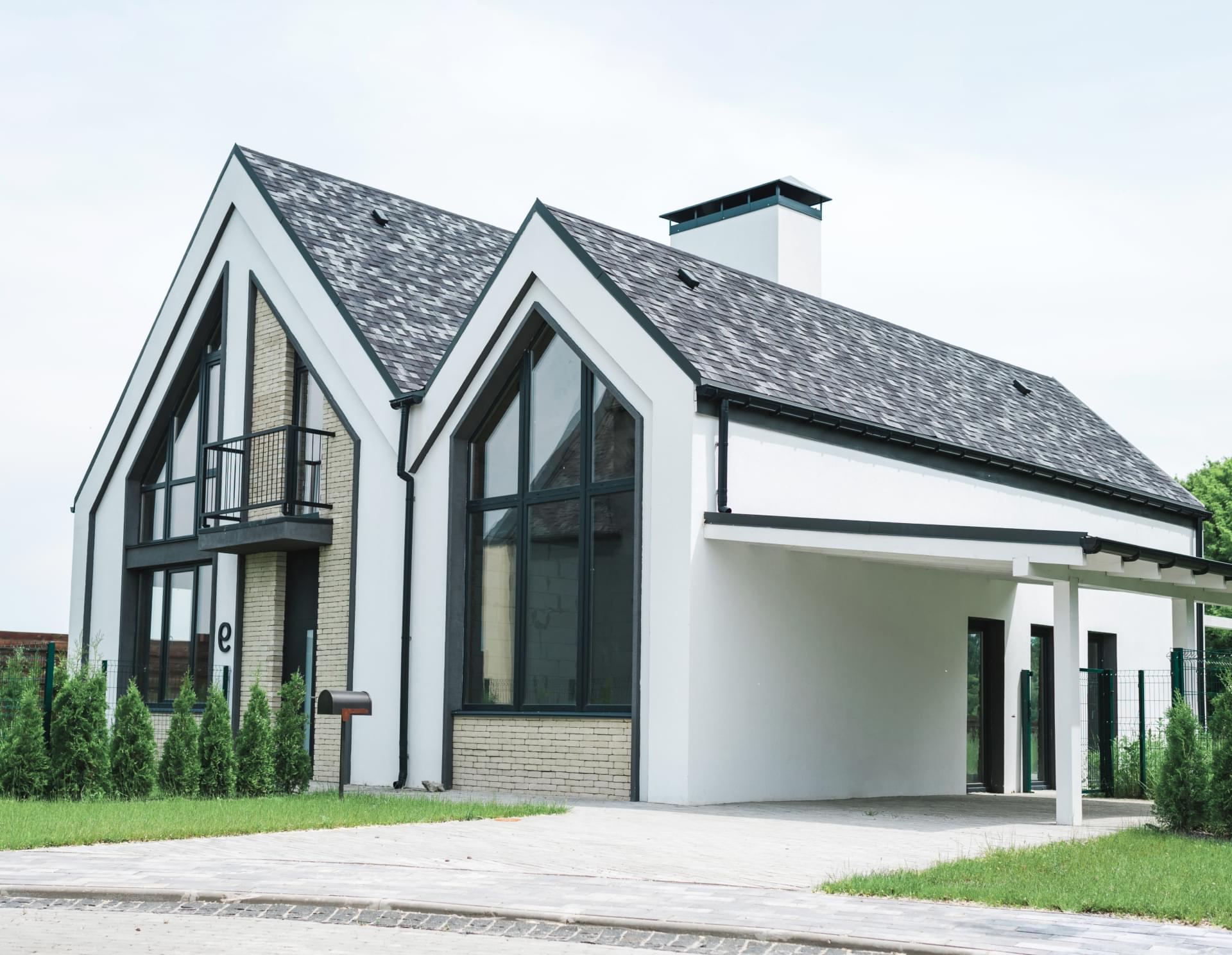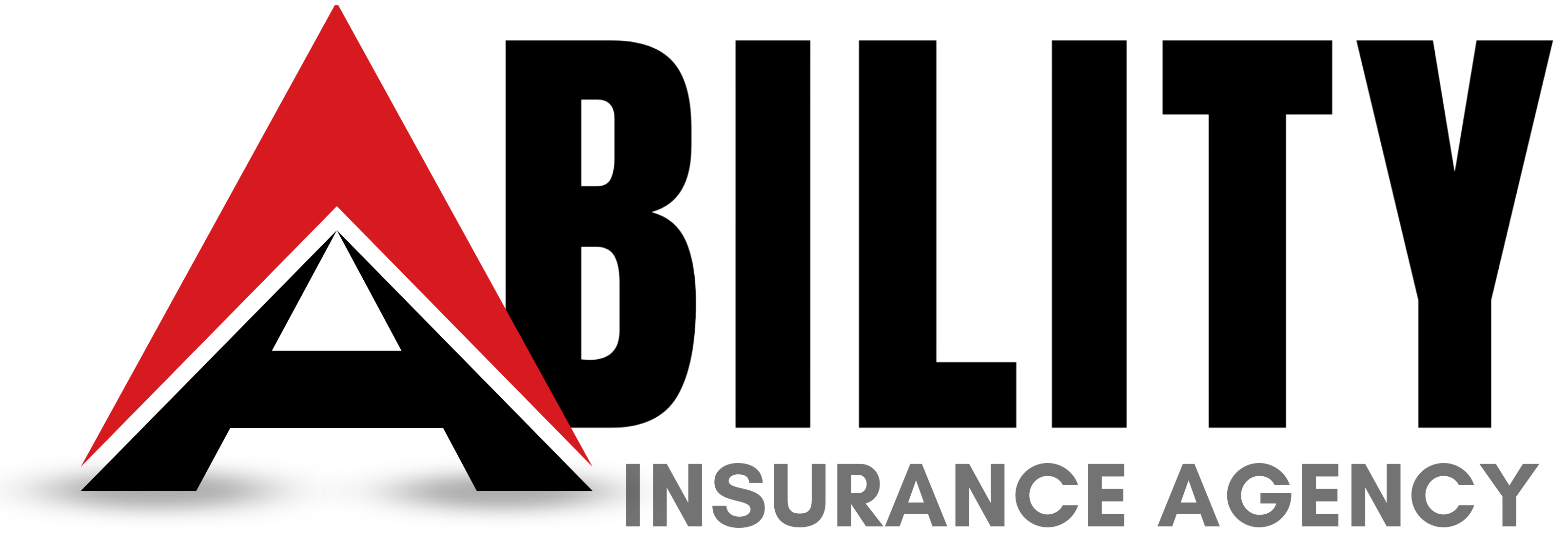What is homeowner's insurance?
Homeowner's insurance is a type of property insurance that provides financial protection to homeowners in case of damage to their property or belongings due to covered perils, as well as liability coverage for accidents that occur on their property.
What does homeowner's insurance typically cover?
Homeowner's insurance typically covers damage to your home and other structures on your property, personal belongings, and liability for injuries or damage caused to others. Covered perils often include fire, theft, vandalism, windstorms, hail, and certain natural disasters. The specifics can vary based on the policy and insurer.
What is dwelling coverage?
Dwelling coverage is the part of homeowner's insurance that helps pay for repairs or rebuilding your home if it's damaged or destroyed by a covered event. This coverage amount is usually based on the estimated cost to rebuild your home, not its market value.
What is personal property coverage?
Personal property coverage helps reimburse you for the loss or damage of your personal belongings, such as furniture, clothing, electronics, and appliances, due to covered events.
What is liability coverage?
Liability coverage provides financial protection if you're found legally responsible for injuries to others or damage to their property that occurs on your property.
Are floods and earthquakes covered by standard homeowner's insurance?
No, floods and earthquakes are typically not covered by standard homeowner's insurance. You would need separate flood insurance or earthquake insurance policies to have coverage for these events.
How are insurance premiums determined?
Insurance premiums are determined based on various factors including the value of your home, its location, the level of coverage you choose, your deductible, your claims history, and your credit score.
What is a deductible?
A deductible is the amount you agree to pay out of pocket before your insurance coverage kicks in. For example, if you have a $1,000 deductible and a covered claim amounts to $5,000 in damages, you would pay $1,000 and the insurer would cover the remaining $4,000.
Can I customize my homeowner's insurance policy?
Yes, you can often customize your policy by adding endorsements or riders for specific types of coverage not included in the standard policy, such as valuable personal items, sewer backup, or identity theft protection.
How do I file a homeowner's insurance claim?
To file a claim, contact your insurance company as soon as possible after the incident. They will guide you through the claims process, which typically involves providing details about the damage, providing photos or evidence, and getting estimates for repairs.
What should I do in case of a loss or damage to my property?
In case of damage or loss, take steps to prevent further damage, document the damage with photos or videos, keep receipts for repairs, and make a list of damaged or lost items.
Can I switch homeowner's insurance companies?
Yes, you can switch insurance companies when your policy is up for renewal or at any other time. Be sure to compare coverage options, prices, and customer reviews before making a decision.
What is an insurance claim adjuster?
An insurance claim adjuster is a professional who assesses the extent of damage or loss, estimates repair costs, and determines the amount of compensation you should receive from your insurance company.
Do I need homeowner's insurance if I have paid off my mortgage?
While it may not be a legal requirement to have homeowner's insurance once your mortgage is paid off, it's still highly recommended to protect your investment and assets.
How can I lower my homeowner's insurance premiums?
You can potentially lower your premiums by increasing your deductible, bundling your homeowner's insurance with other policies (like auto insurance), installing security and safety features, and maintaining a good credit score.

